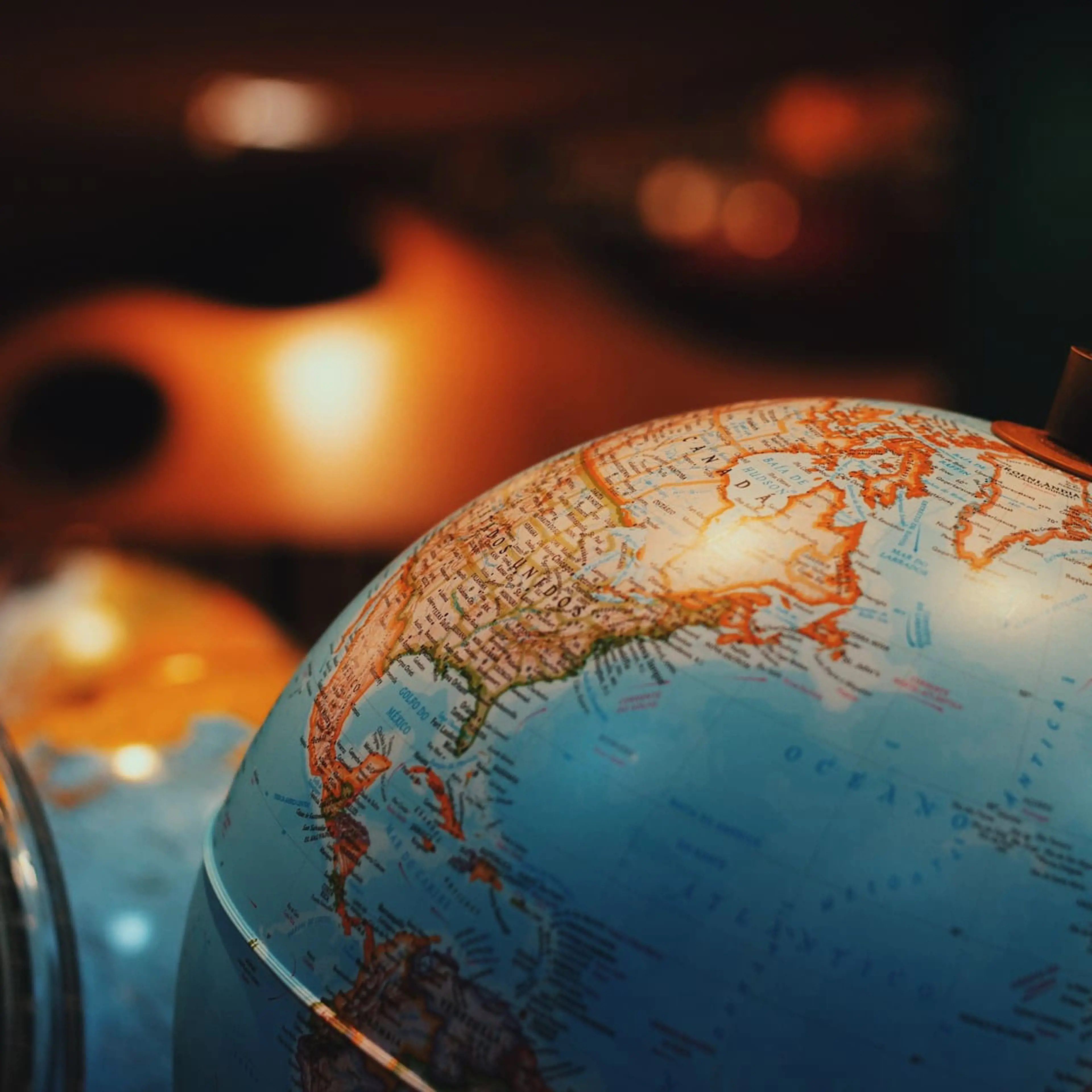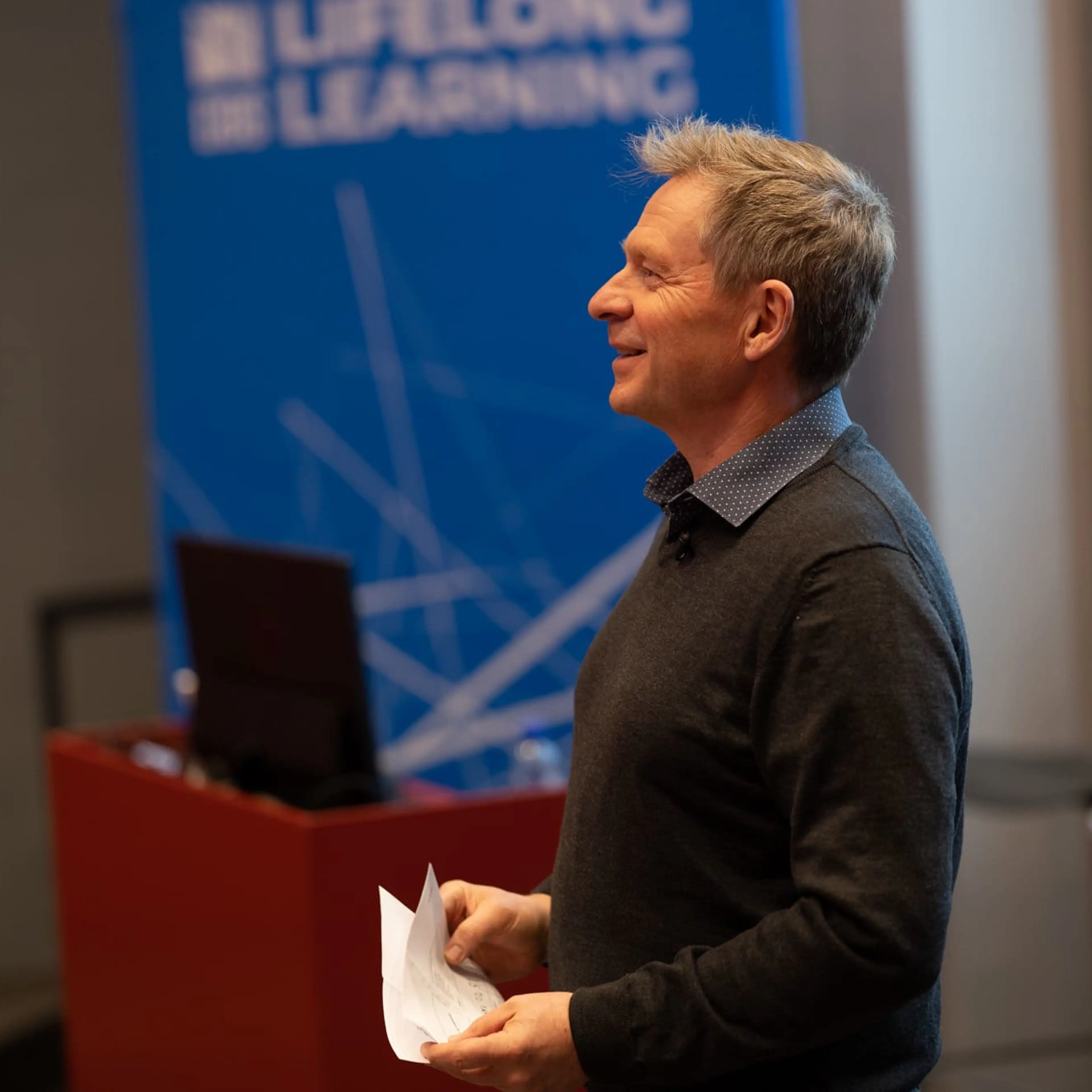"The global legal order warranted by the USA is put under pressure. So why is this, and what are the consequences,” asks Poul Fritz Kjær, who recently organised a panel discussion, ‘The Global Political Economy of War’ with Vasuki Nesiah (New York University), Ratna Kapur (Queen Mary University of London), David Kennedy (Harvard Law School) and Martti Koskenniemi (University of Helsinki), where these subjects were discussed.
THE WESTERN WORLD IS NO LONGER IN FOCUS
War in the world is not new. For those who come from regions where war is a constant reality, the notion that we are entering a 'new world order' due to the threat of war in Europe might seem somewhat self-absorbed.
The times of peace we have seen in most of Europe in the past 50 years have been quite unique in a global perspective.
But it was exactly the previous world order that allowed Europe to adopt a more relaxed stance, and it is the new world order that now forces Europe to once again confront the constant threat of war.
”With the USA in focus, the Western world had ‘centrality’, however, when we look at the population size, economic weight in the world and technological capabilities, the Western countries are not as central as they used to be.”
There are new players on the field, and they can challenge the Western world. China but also Africa has become a continent with megacities and industries of a kind that did not exist a few decades ago. We are on our way towards a global world order that is not – or at least to a less extent – cut off from the Western world.
IT IS A NATURAL OUTCOME, AND WE HAVE ACTIVELY SUPPORTED IT
At first glance, it seems fairer for global power to be distributed more evenly. In fact, we have sought this for many years in the West. He calls this outcome ‘natural’:
“I call it natural in quotation marks. It has been happening since the late 20th century when we had a world order centred around Europe. After 1945, we witnessed a Western world centred around the USA, where both military and economic powers were concentrated.”
An increasingly smaller part of the world population lives in the West. Clearly, the vast majority of the non-Western world should take part in making the rules. And the West have also attempted to include them, for instance through development aid, he explains.
”In many ways, this is a positive development. But where we see the problems is that the Western countries have assumed that this development would make them embrace principles such as human rights, democracy and the constitutional state. This has occurred only to a limited extent. We have seen this in China too. Initially, the opening of China was perceived as a highly positive development, suggesting a gradual liberalisation and diversification of Chinese society. However, when Xi Jinping became president, this trajectory shifted towards a more totalitarian China. This presents both contrasts and tensions.”
Consequently, we are in a more complex situation, where more entities have the power to challenge each other, and tension can arise between more parties.
”This imposes a challenge on the free market. We are already deeply integrated in the Chinese economy, so we will continue to trade with them, however, right now we are trying to maintain a situation where we would rather not engage in extensive cooperation with China on important strategic matters like high technology. It is a difficult balance to strike.”
How does this impact globalisation?
“The world is becoming more divided. We witness a multipolarity where Europeans pursue their own interests, and so do China and the USA. The global landscape becomes more complex. Globalisation will not disappear; we are too interconnected for that, but it becomes fragmented, and everything will be doubled."
Doubled how?
”Everyone will have their own satellite navigation systems, vaccine productions, internet protocols etc. because they no longer trust others. You are hesitant to leave critical infrastructure to the neighbouring country, so everyone wants their own. It has become increasingly important to have autonomy and control.”
”It has global implications as it is really expensive to build everything in a European, American and Chinese version. And the less powerful countries in the world, e.g. Mozambique, Kenya and Bolivia, are forced to pick sides.
What will happen with the constitutional state if we no longer trust each other?
”In simple terms, we could categorise the world informally, where the most powerful force prevails, and the focus is solely on military defence. But if we look at the EU, there is a community of law which we use for making rules for foreign investments, including which EU companies can be acquired by China.
Upcoming regulations will bring about increased stringency in our approach towards China, particularly in the electric car sector, where China is gaining dominance in the market. This way, law can be used as a defence mechanism, but it still undermines law as something neutral and universal. Instead, it will become a political instrument in a power struggle.”




